
Elizabeth Leiknes is the author of The Sinful Life of Lucy Burns and I had a fun time reading her book. (Do check out my review if you have not done so.)
Q&A with Elizabeth Leiknes
(with courtesy of the publisher)
~*~*~*~*~*
Why did you write this book?
While pregnant with my first son, it occurred to me that with motherhood drawing near, I had a small window of time in which to realize a lifelong dream of writing a novel. I wrote throughout my pregnancy, and completed the novel while on maternity leave. Why I wrote it is tough to answer. It was clearly more than an item on my to-do list. Once Lucy evolved from an idea to a constant companion in my mind, it became more of a compulsion than a task to tell her story.
How did it come about?
For a college writing class, I wrote a short story entitled "The Furnace". In it, a woman named Lucy Burns works as a Faustian henchwoman who escorts very bad people to her basement furnace, and ultimately, their death. My husband actually came up with a lot of the premise. But when I decided to expand the story into a full length novel, I wanted Lucy to have a solid reason, one routed in goodness, for doing what she does, so I developed her back story and tempered it all with a healthy dose of Midwestern guilt.
What else have you written?
My first experience with publishing my work wasan article entitled "Writing Spaces: Expanding the One-Story House", which was published in The Quarterly, a publication of the National Writing Project. The Sinful Life of Lucy Burns is my first novel, written about five years ago. Since then, I've written a second novel, Black-Eyed Susan, and a third, The Understory. Currently, I'm working on my fourth novel.
When did you discover you wanted to be a writer?
I'm not sure I knew it then, but while growing up in a very small town in Iowa, (population 78, if you included pets) I began my own newspaper, in which I wrote silly jokes and stories about community members. I copied it on my dad's copier at work, and delivered it via my banana-seat bicycle. I doubt if anyone really read it,but I definitely liked the idea of someone reading what I'd written. Later in fifth grade, I wrote a short story from the point of view of a pumpkin who wasn't picked at the pumpkin patch, and despite its strange sentimentality, my generous mother deemed me a storyteller. In college, I fell in love with the short story all over again, but didn't really begin serious writing until graduate school.
What would you like readers to take away from this novel?
I hope they all take away something different, something relevant to their own lives, but mostly I hope they're reminded that no matter how dark or impossible something seems, hope is usually not that far away, and no matter how jaded a person may look on the outside, there is often a core of goodness underneath.
If you had to say this book was about one thing, what would it be?
Motherhood. No question. Lucy's main goal throughout the whole novel is to break away from the evil that's been holding her back, and have what she's always wanted - a family.
Who will be interested in this book?
Everyone, I hope! I've always thought of this book as a hybrid of sorts; perhaps Bridget Jones meets Buffy the Vampire Slayer. I think it's fast-paced plot, humor, and emotional arc will appeal to a variety of readers.
Lucy Burns is quite an exceptional character. After all, most people don't spend their days damning others to hell. Yet, even though she is dark, often unapproachable, and sometimes, downright scary, she has an unusual appeal for readers. They empathize with her, even root for her. Why do you suppose that is?
I think Lucy represents the dual nature of what it means to be human. Is she the devil? Or is she a saint? I think it's more natural thannot to have to ask both of those questions about one human being. There are gray areas in life; there are gray areas with people. One could argue that Lucy is both devilishand saint-like. Ironically, circumstance makes her both. One could also argue that most of us are a little of both. I myself am quite evil before my first cup of coffee in the morning. Conversely, I cried for ten minutes when Wilson the volleyball drifted away in Castaway. Depending on the day, we all exhibit varying degreesof human and inhuman behavior, and I think, deep down, readers identify with that in Lucy.
Sin is ever-present in this novel, yet at its heart, it is truly a morality tale. What would you say to those who see more dark in thisbook than light?
First of all, I never intended this book to be controversial in any way, nor did I intend to use it as a platform for any serious discussion about religion or justice. It is more comedic than dramatic. Having said that, laughing alone is never enough for me in a story. I prefer my stories to be three-quarters funny, and one-quarter poignant and tender. I wanted Lucy to be sassy and to exhibit sharp wit when appropariate, but it was also very important for me that, in the end, no matter how dark the journey was, she did the right thing, even if that meant making the ultimate sacrifice.
There are strands of truth in all fiction. What in this book did you "borrow" from your own life?
Well, I'm sad to say that I indeed killed my sister's cat - but I was only three or four years old and it was absolutely an accident, so don't get all judgmental yet! We had a play mailbox, just as I described in the book, and I was playing "house", pretending to mail my sister's cat Midnight to my grandma. But I was interrupted and consequently forgot that she was in there. It was horrible and gruesome. And apparently I still feel awful about it because it surfaced in this story thirty-five years later. Let's see... I did, do love music and consider it to be a religion of sorts. In the 70s, my sister and I did listen to Barry Manilow records every Sunday, thus Teddy Nightingale's role in this novel. And I do love to-do lists like Lucy. Oh, and I don't know a single woman who hasn't at one time, either wished she could eat copious amounts of fattening foods and not get fat, fantasized about sending a rude clerk to hell, or fallen in love with her writing instructor.


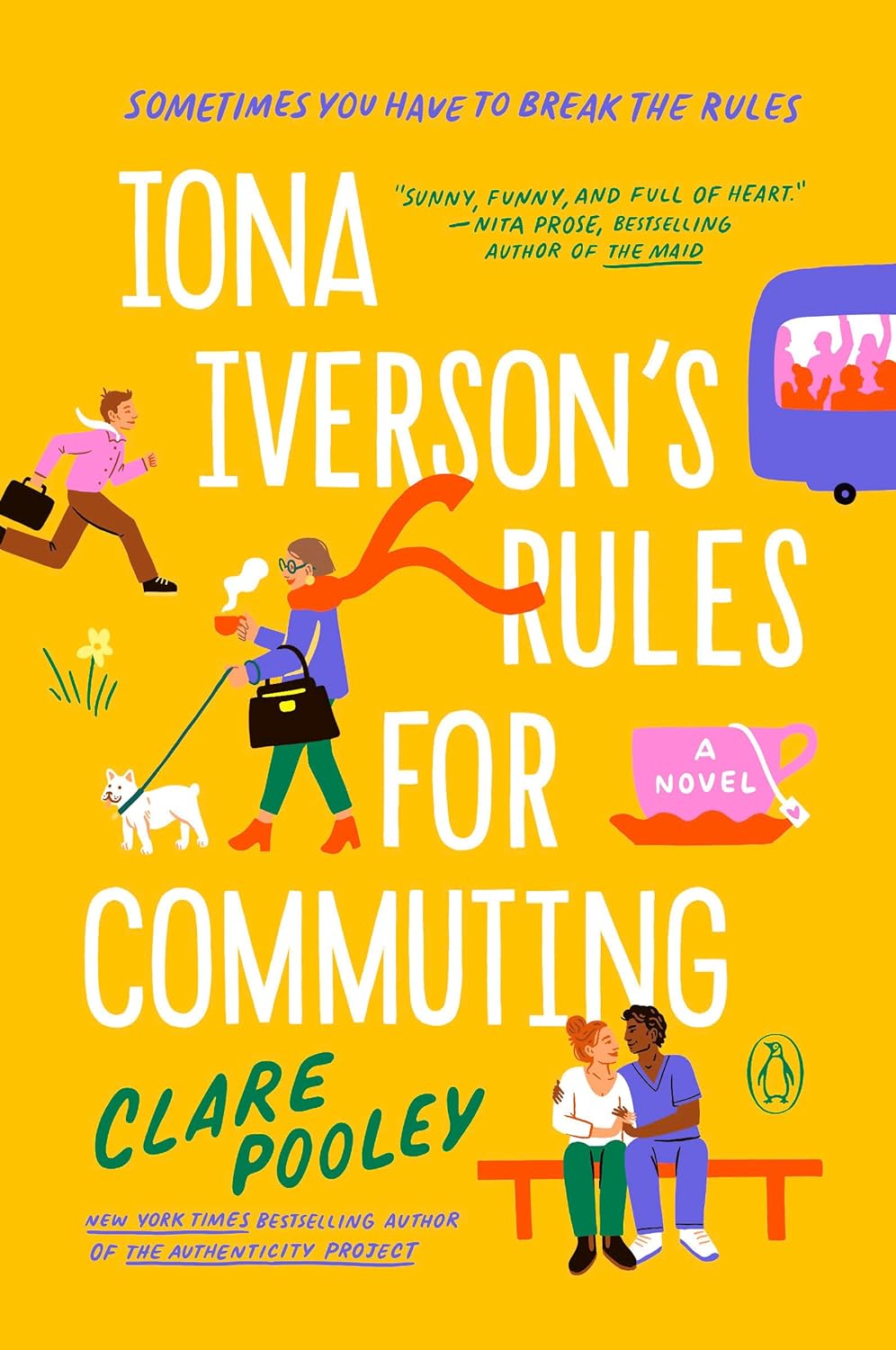
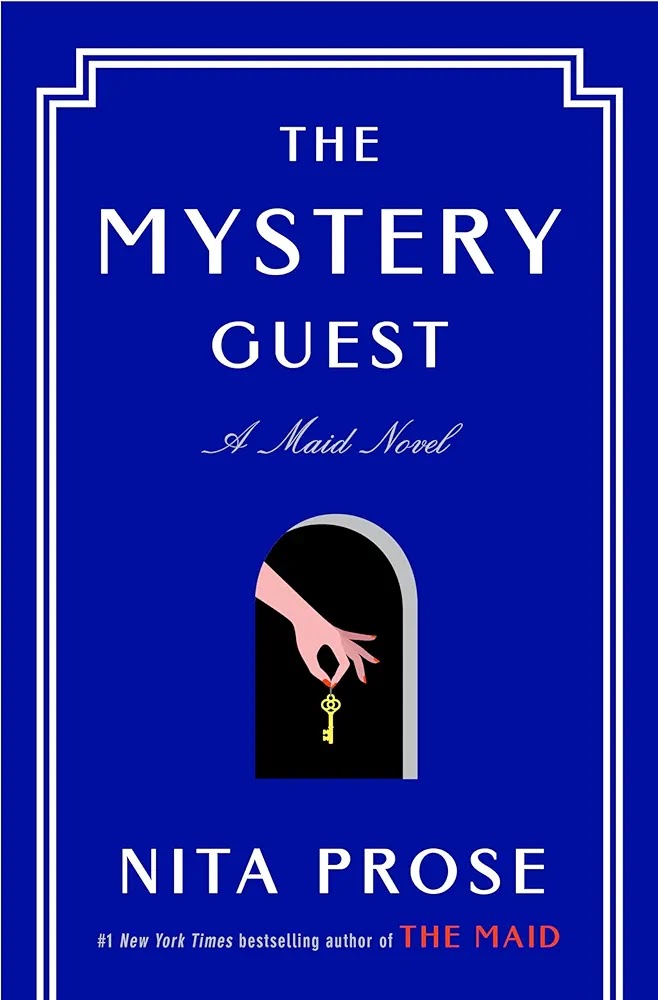

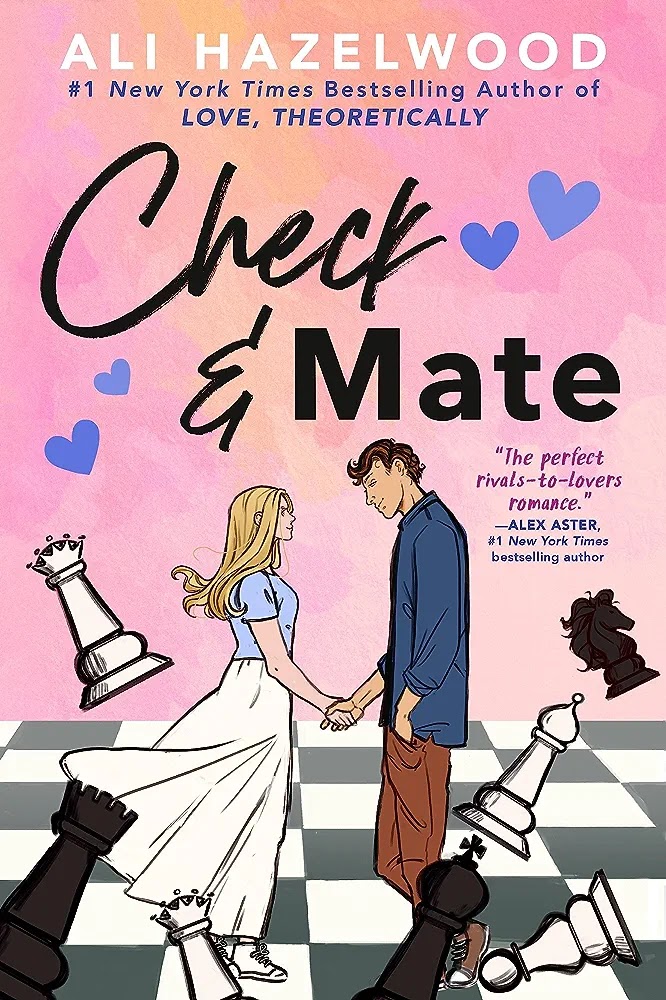
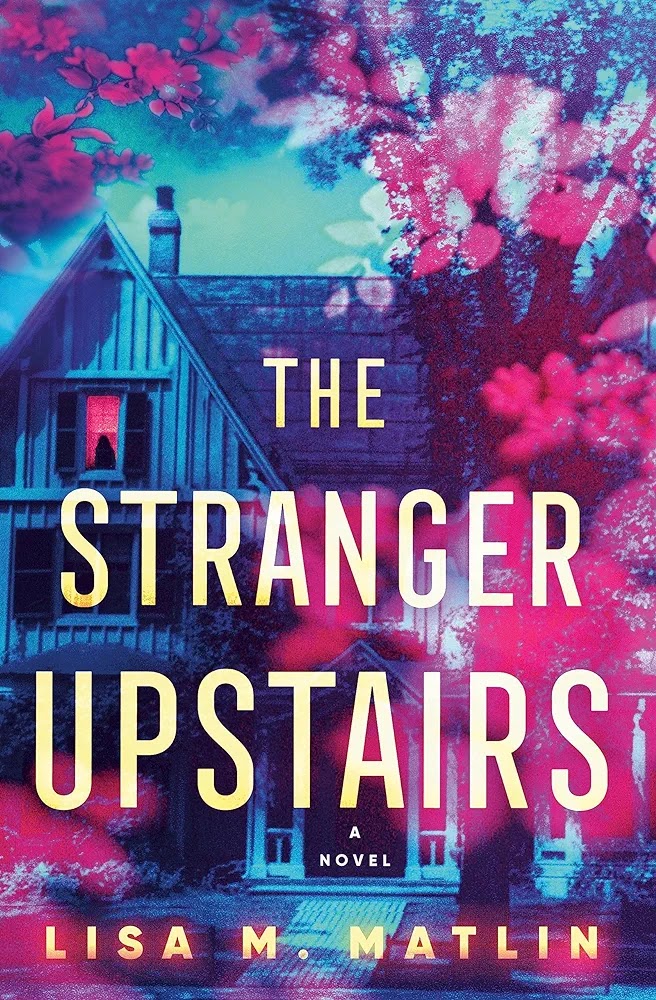
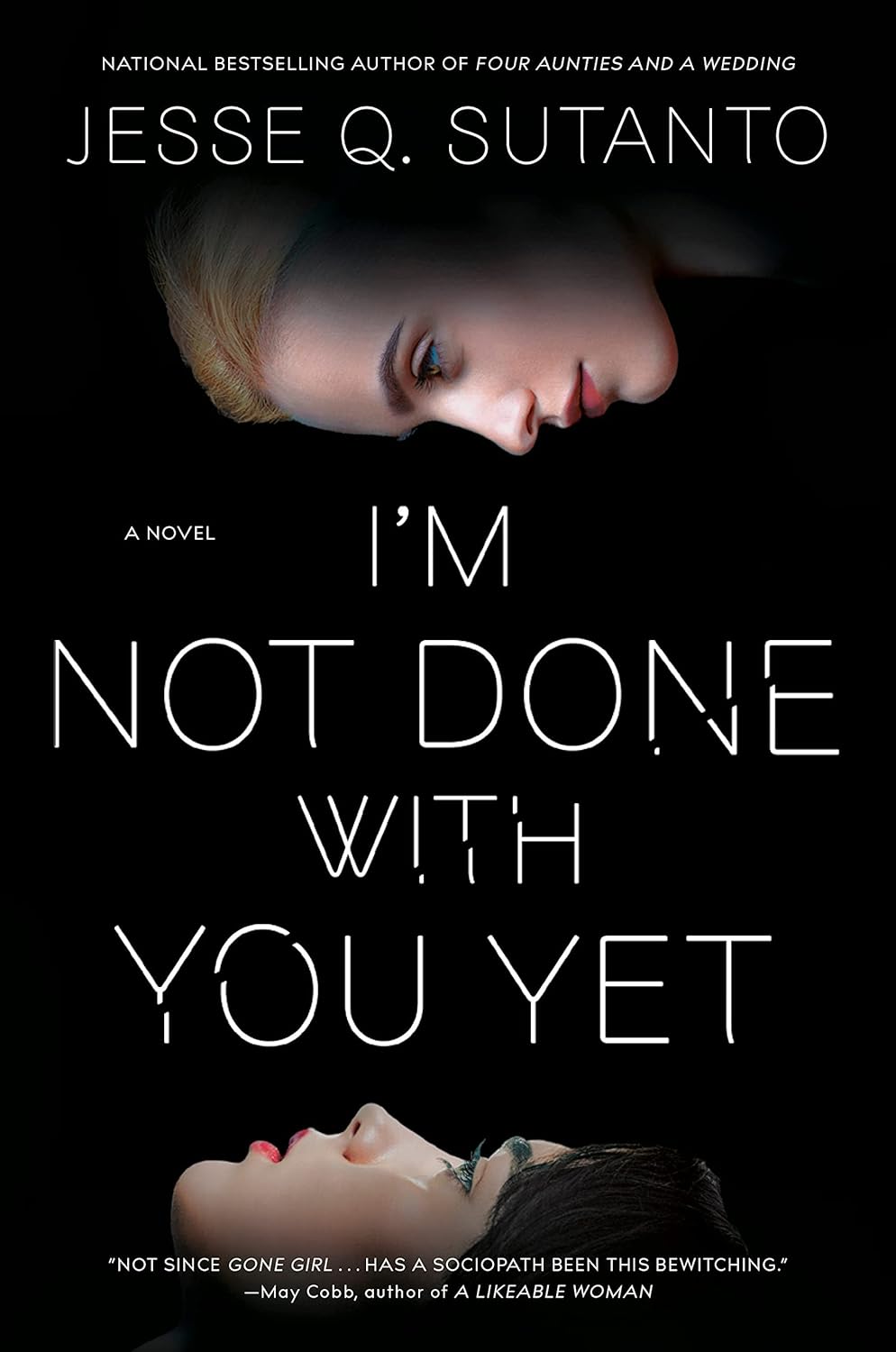
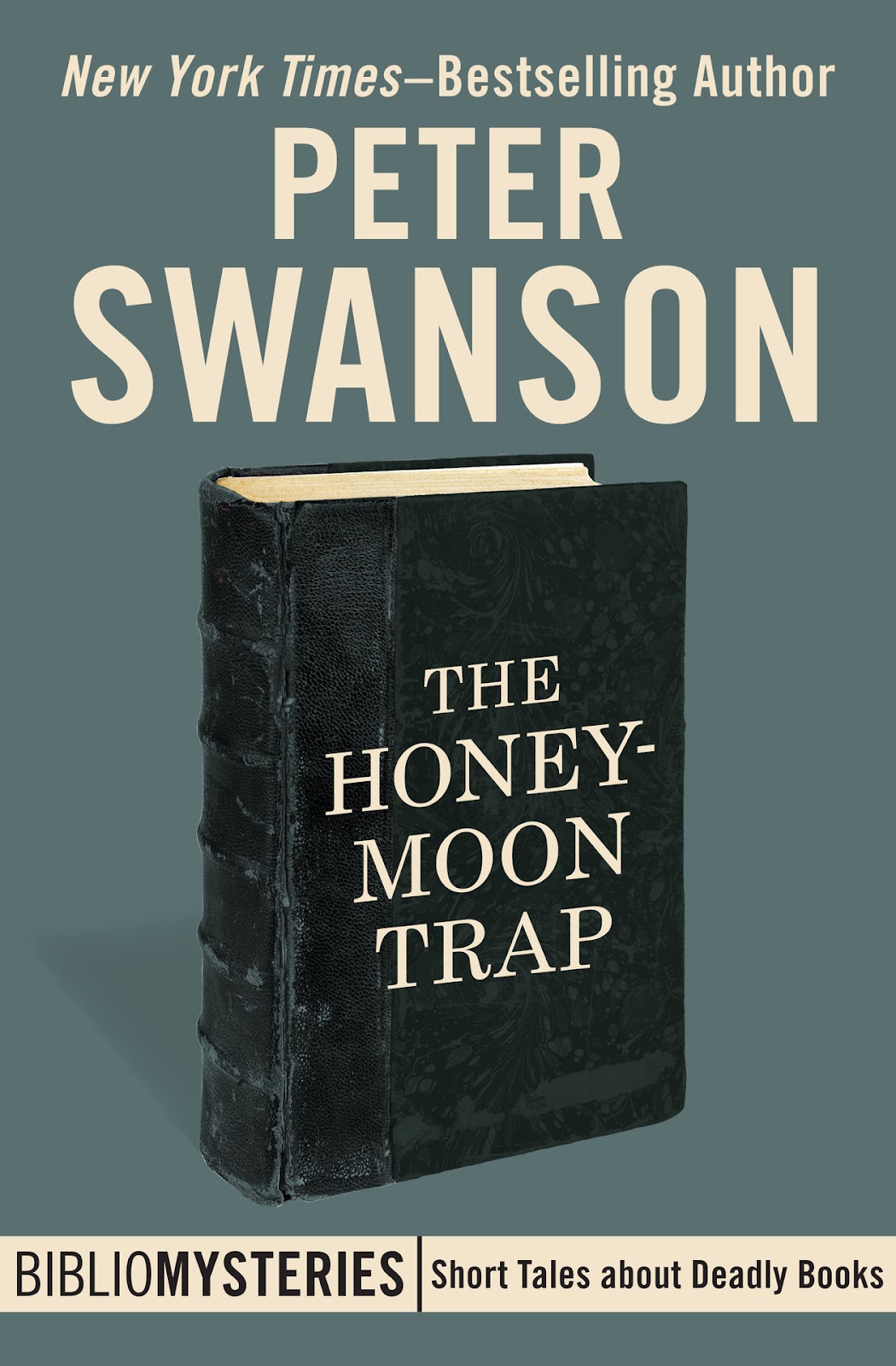

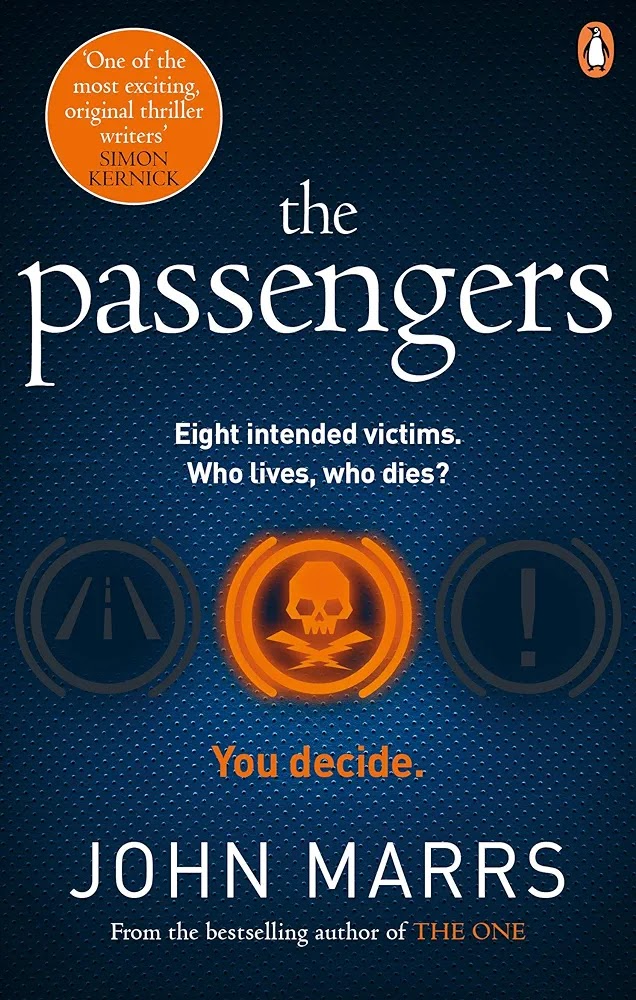
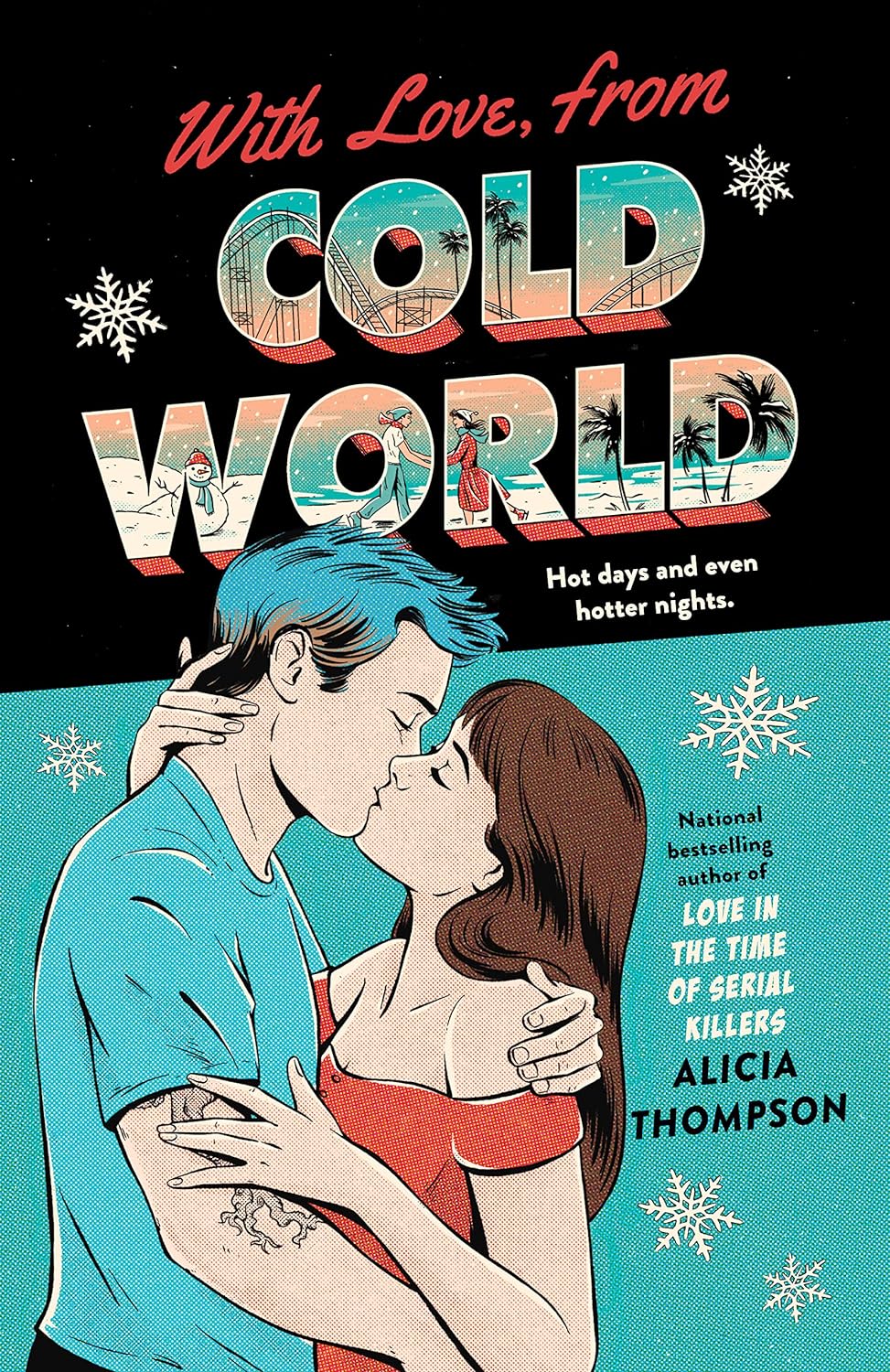





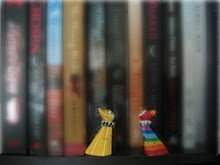



That's a great Q&A with the author and interesting to see what she "borrowed" from her own life to write the story. I have enjoyed the book review too, Melody. :)
I loved the interview and the cat incident is funny (I know it's supposed to be sad, but sorry I can't help it)
Alice, Violet - Thanks for reading, ladies! I'm glad you both enjoyed reading the Q&A. :)
Wonderful Q&A with the author, Melody! I really enjoyed this and your review of the book. Sounds really fun so, yep, it's going on my list :)
Great Q&A Melody and Elizabeth Leiknes! It interesting to learn more about the authors and get to know about her books :)
Iliana - Thanks! :) I'm glad you're adding this book to your list.
Julia - Thanks! I'm always interested to learn more about the authors and their writing experience. :)
Great author Q&A. The book sounds good!
http://thebookworm07.blogspot.com/
A wonderful interview, Melody! I'm even more interested now in reading this book. I like how the author started a newspaper when she was a child.
And I especially appreciated what she said about the dual nature of being human. I couldn't agree with her more.
Now to get my hands on the book!